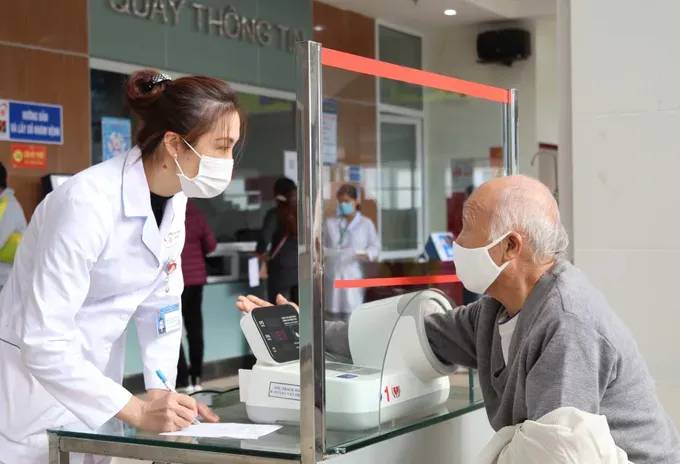
Resolution No. 72-NQ/TW, issued on September 9, 2025, is set to revolutionize Vietnam’s public healthcare system, shifting the focus from passive treatment to proactive prevention. It outlines a strategic vision that aims to place the health of the Vietnamese people at the center of all policies.
One of the most significant changes is the push to equip health stations in communes to be fully operational. By 2027, the resolution mandates that all these stations will be comprehensively kitted out with the necessary facilities, equipment, and staff, aiming for at least four to five doctors at each location. This move is designed to make healthcare more accessible at the local level and ease the immense pressure on higher-tier hospitals.
In a landmark move, starting in 2026, all citizens will be entitled to an annual health check-up or free screening. This initiative, paired with the introduction of electronic health records, marks a major step forward in modern healthcare management. These digital records will track an individual's health throughout their lifetime, enabling early disease detection, cutting long-term treatment costs, and encouraging a greater focus on self-care.
Resolution No. 72-NQ/TW also designates April 7 as the ‘National Health Day’, a new annual event to promote physical activity and a culture of healthy living across the nation.
Additionally, a roadmap will be implemented in 2026 to gradually waive basic hospital fees for services covered by health insurance. This measure is expected to improve access to care, especially for vulnerable groups, and significantly reduce the financial burden on citizens seeking medical treatment.
Another groundbreaking aspect is the policy on incentives for healthcare personnel. The Resolution affirms that medicine is a ‘special profession’ and thus requires specialized training, utilization, and remuneration. Physicians and pharmacists will be placed on the salary scale level 2. At the same time, healthcare workers at commune health stations and preventive health facilities will see their preferential allowances increased to 70 percent –100 percent, particularly in remote and disadvantaged areas. This is the first time a Party document has introduced such concrete preferential policies, demonstrating a deep understanding of practical challenges and a firm commitment to improving the working environment for medical staff.
Resolution No. 72-NQ/TW may be regarded as a historic milestone, with breakthroughs in both vision and solutions. It reflects the Party’s strong commitment to building a modern, equitable, and sustainable healthcare system. However, for these commitments to be realized in practice, coordinated action across all levels and sectors, along with active participation from society as a whole, will be essential.
























